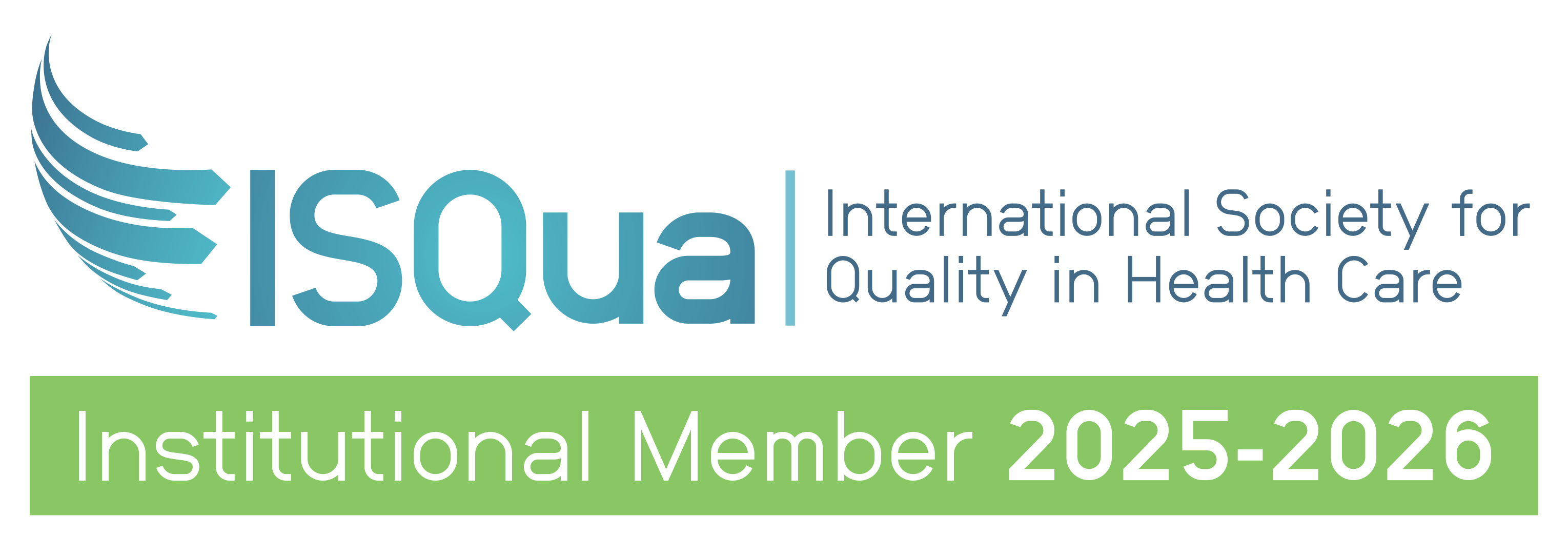
QI In Action: Standardising the clinical audit process in the Top End, Big Rivers, East Arnhem regions
QIL Participant, Ms Ali Walker worked on a project to develop a process tool for audit tool compliance.
This week we shine a spotlight on a Quality Improvement Lead (QIL) Program participant’s project undertaken by Ms Ali Walker, Clinical Nurse Consultant Monitoring and Compliance Clinical Excellence and Patient Safety Division at Northern Territory Health.
Project Background
The project aim was to develop a process tool for audit tool compliance against relevant standards, legislation, and organisational requirements that was designed to ensure all audit tools meet compliance and are comparable across different organisational sectors. This project informs a much larger body of work around audit program governance for the organisation.
Summary
The Top End, Big Rivers and East Arnhem regions Standards and Safety and Quality committees receive audit reports regularly and noted the need for progress from the audit results multiple times. A review of the existing audit tools found numerous tools with the same name but different criteria. Indications showed that audit tools were changed to suit other areas; the organisation was unable to measure consistently across all sectors; and audit program governance needed to be stronger. The flow-on effect was potential consumer harm and missed opportunities for improvement.
We used the Plan-Do-Study-Act (PDSA) cycle to develop the process tool with the help of fishbone and driver diagrams to differentiate issues needing corrective action and actions to drive those changes. The fishbone diagram helped work out requirements in the process tool in combination with the background issues. The driver diagram assisted in the development of actions and information development for the process tool. Testing the process tool by reviewing existing audit tools through the process tool helped design further requirements, e.g., an ethics questionnaire. The creation of a flowchart of the process assisted staff in following the process from start to completion.
Developing a process tool as an intervention to address non-standardised audit tools across the region’s health services that is easy for staff to use and meets legislation, standards, and organisational requirements was challenging. An online review of other audit programs was conducted to ascertain suitable process tools. Few online process tools for online clinical audits met the project criteria.
Feedback from project team members was invaluable in addressing the tool’s usability and trialling the process tool showed where it lacked information and understandability. The PDSA cycle assisted in collecting this information and finding potential solutions.
Two PDSA cycles were completed to assist with the development of the process tool and review it, and feedback from project team members enabled improvement in the template. An action list, an accountable person, and timeframes stemmed from the PDSA cycle and closed the loop in the process tool development.
Results
The audit development/review tool has now been distributed across the Northern Territory to assist staff in updating their audit tools. The clinical audit program is undergoing a transition from regional to Territory-wide currently and audit tools will undergo the same process using the tool to ensure compliance.
Take charge of your career development today
Participants of the QIL program have the opportunity to undertake a work-based improvement project while being guided by our expert faculty of clinicians. The QIL Program is undertaken over a 9-month period and broken up into 6 modules that delivers methods, tools and coaching to equip participants with the skills to become an improvement leader.
Check out all the details for our upcoming program commencing Feb 08 2024.

